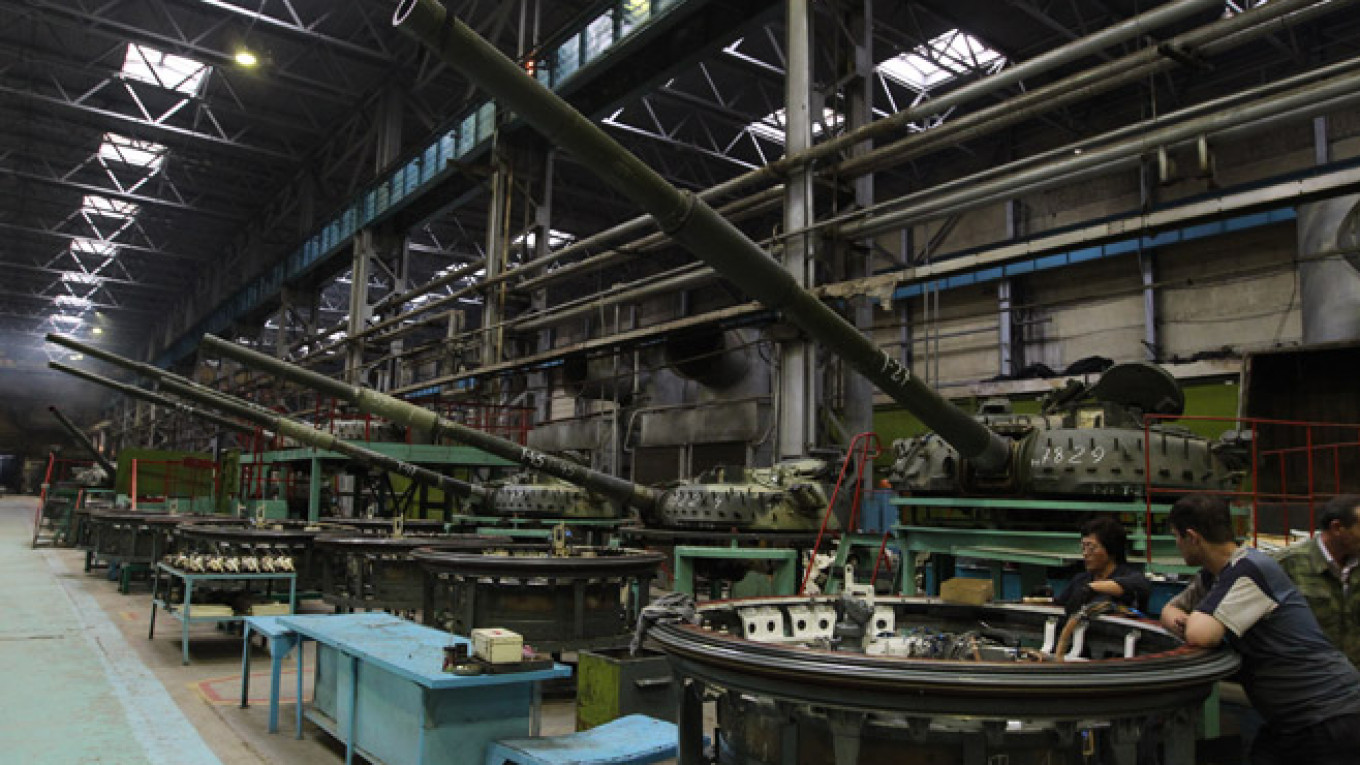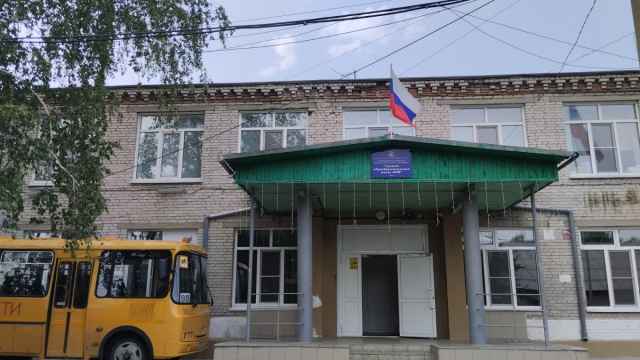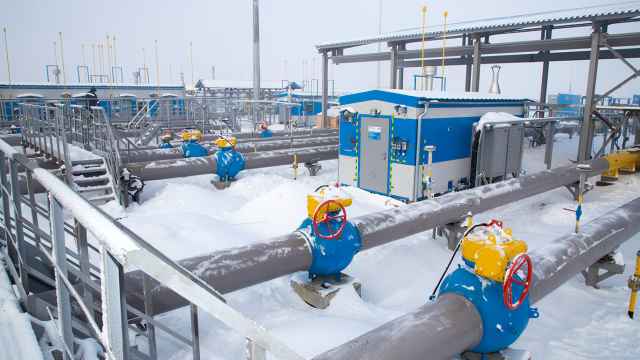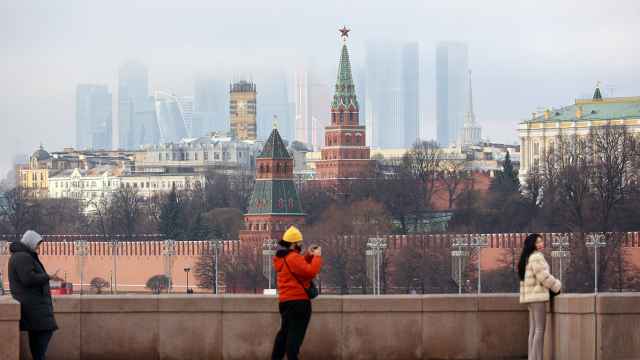Russia is now in the fourth year of its ambitious state armament program, which aims to modernize 70 percent of Russia's aging military equipment by 2020. After a hesitant start, the annual volume of new weapon procurement is now increasing quite rapidly.
But recent developments in Ukraine pose the question of whether the momentum of arms modernization can be maintained. First, there is the direct impact of the breakdown of relations with Ukraine; second, the impact of sanctions imposed by the United States, European Union, Japan and Australia.
On the basis of Ukraine's and Russia's currently hostile relationship, Ukrainian President Petro Poroshenko was reported in mid-June to have forbidden all military cooperation with Russia. While the overall volume of arms deliveries between Russia and Ukraine is relatively modest, the supply of power units for ships by Ukrainian state-owned Zorya-Mashproek, is an issue. Deliveries from Mykolaiv have stopped, and it is now acknowledged that the building of frigates for the Russian navy, a priority goal of the armament program, will be delayed, perhaps by three years or more.
The delivery of helicopter engines may also prove to be an issue. The company Motor Sich has been delivering some 400 engines a year for Russian Mil and Kamov combat and transport helicopters under a five-year, $1.2 billion contract signed in 2011. Given the current tensions, these deliveries may be halted.
The one bright spot for Russia's exposure in Ukraine is that, while much has been made of Russia's dependence on Yuzhmash specialists to maintain the SS-18 (Voevod) heavy ICBMs, it is possible that Russia will simply retire these already elderly missiles, given their existing plans for procuring new land-based ICBMs.
But there will be no quick fix for the business ties lost in Ukraine. Ukrainian inputs can be replaced by domestically produced systems, components and materials, but Russia will need 2 1/2 years to achieve this, according to Dmitry Rogozin, deputy prime minister and chair of the government's military-industrial commission.
The EU and U.S. bans on the sale of military equipment to Russia, however, are unlikely to deeply affect modernization plans. In contrast to his predecessor, Anatoly Serdyukov, current Defense Minister Sergei Shoigu favors a highly self-reliant procurement policy. Still, Shoigu must contend with several deals negotiated before his term in office.
The most striking of these deals was the contract to acquire two Mistral-class helicopter-carrying assault ships from France at a cost of €1.2 billion ($1.7 billion), with the option of building two more under license in Russia.
The first two contracts have been fully implemented, and France is now under pressure from the United States to cancel the Mistral deal, even though the first vessel is nearing completion and, according to Russian claims, almost full payment has been made for both ships. The German government's decision to cancel Rheinmetall's contract to help build a combat training center in the Volga region (€120 million) will probably add additional pressure.
But there is now another consideration. While the Russian Defense Ministry still voices its support for the deal, military-industrial commission deputy head Oleg Bochkarev now says Russia would gain if France canceled the contract, refunded payment and paid a fine for breaching the deal.
The Mistral purchase has always been unpopular in military-industrial circles and perhaps thought is now being given to using the refund, at least in part, to help finance import-substitution activities.
The greater threat to Russia's modernization, though, is Western moves to restrict access to dual-use technologies, or technologies that can be used for both military or civilian purposes.
Russia's defense industry will be hit especially hard when it comes to foreign electronic components. Although the defense industry will be able to meet most of its own needs for radiation hardened components for missiles and key space systems, many components will have to be sourced from Southeast Asia and elsewhere. According to Russian industry specialists, it will take at least five or six years to achieve self-reliance, but this is probably overoptimistic.
Restrictions on dual-use goods will also weaken Russia's ambitious program to modernize its production base, aided by funding under a classified federal program. This modernization is essential to the manufacture of new generation armaments key to the 2020 plan, such as the S-500 air defense system, the fifth-generation fighter jet and three new families of tanks and armored vehicles. Russia's domestic machine tool industry is unable to produce this advanced weaponry and can meet barely 10 percent of needs.
Defense plants have been buying advanced machine tools and other production equipment in significant quantities from leading European, Japanese and U.S. firms, and Rostec has been organizing joint enterprises in Russia with some of these companies to meet some of their requirements.
Now, even if licenses are approved for the purchase of advanced equipment by defense plants, there are likely to be delays. This aspect of the sanctions could indeed create problems for the implementation of the armament program, especially for the eight companies named by the United States, one of which, Almaz-Antey, Russia's principal producer of air defense systems (including the Buk system linked to the tragic end of Flight MH17), also figures on the latest EU list.
But in today's globalized and increasingly multipolar world, a technology embargo will be relatively easy to evade. The implementation of programs may be delayed, but not rendered impossible.
Russia will undoubtedly respond to these developments. According to Rogozin, all efforts will now be focused on achieving full self-reliance as soon as possible. This will not be easy and could prove to be extremely costly, requiring additional funding from a federal budget already under strain from a faltering economy.
Of course, this will not be the first time that the country has sought to build a military capability with minimum dependence on potential adversaries. Belt-tightening to this end is familiar to an older generation and may now become a reality for younger Russians too.
The outcome of Western sanctions, imposed in response to a short-term situation of conflict, could turn out to be contrary to original intentions. Russia may well emerge as a country with a military production capability almost immune to any future attempts by outside powers to cripple it.
Julian Cooper, Centre for Russian and East European Studies, University of Birmingham and Chatham House, London.
A Message from The Moscow Times:
Dear readers,
We are facing unprecedented challenges. Russia's Prosecutor General's Office has designated The Moscow Times as an "undesirable" organization, criminalizing our work and putting our staff at risk of prosecution. This follows our earlier unjust labeling as a "foreign agent."
These actions are direct attempts to silence independent journalism in Russia. The authorities claim our work "discredits the decisions of the Russian leadership." We see things differently: we strive to provide accurate, unbiased reporting on Russia.
We, the journalists of The Moscow Times, refuse to be silenced. But to continue our work, we need your help.
Your support, no matter how small, makes a world of difference. If you can, please support us monthly starting from just $2. It's quick to set up, and every contribution makes a significant impact.
By supporting The Moscow Times, you're defending open, independent journalism in the face of repression. Thank you for standing with us.
Remind me later.






